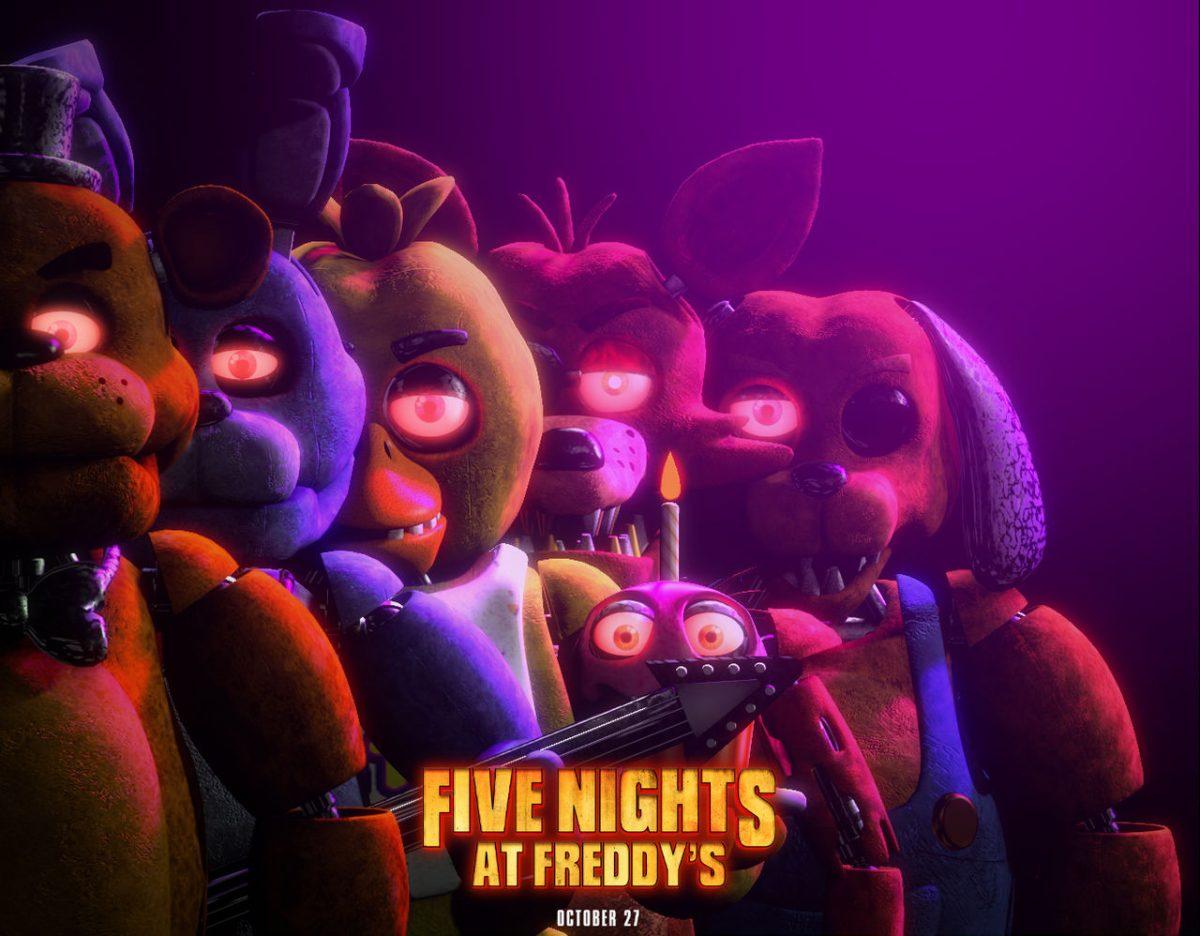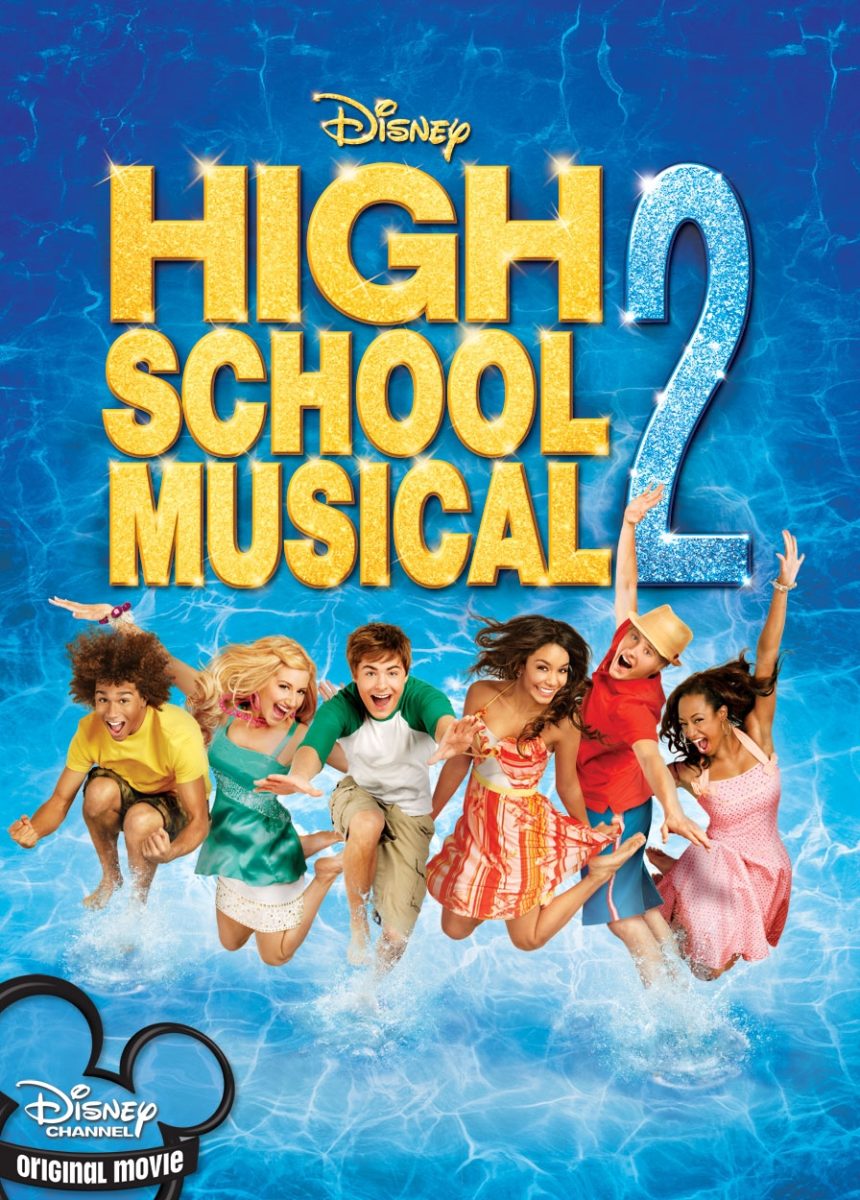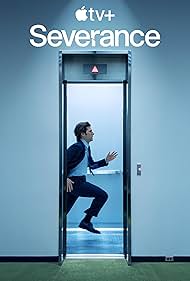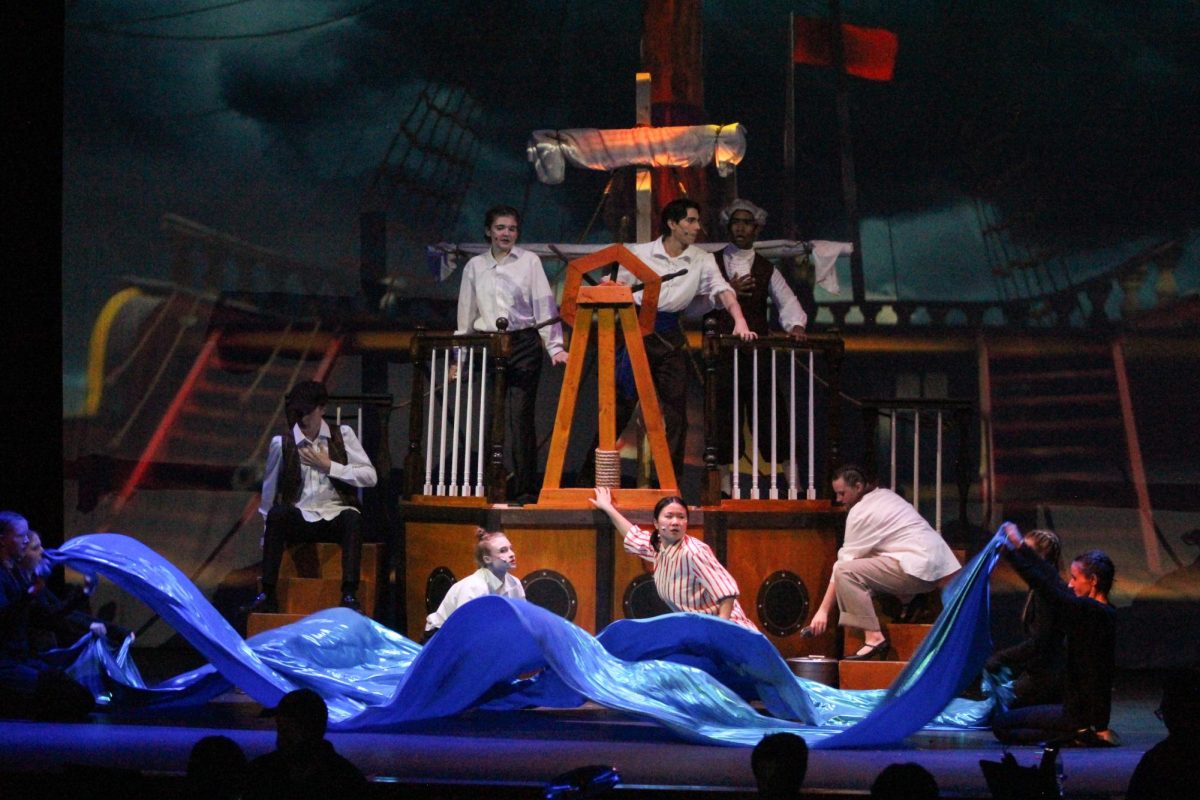‘24
2023 has proven to be a big year for movies based on already popular media, with Barbie, the new Hunger Games, and, now, Five Nights at Freddy’s, an adolescent-aimed horror-comedy movie based on the iconic video game franchise of the same name. The FNaF games had a huge impact on the childhoods of many of today’s teens, and the movie’s release was highly anticipated for its nostalgia factor and spooky atmosphere. Its heavily mixed reviews, however, have shown that perhaps the Five Nights at Freddy’s name may not be quite enough to make the new film widely acclaimed.
The film centers around Mike Schmidt (Josh Hutcherson) and his younger sister, Abby (Piper Rubio), whom he takes care of on account of their mother’s death and the absence of their father. Caught in a custody battle for Abby with their Aunt Jane that requires him to find a job, Mike assumes the role of the player in the video games, landing himself a nighttime security position at former restaurant Freddy Fazbear’s Pizza. The restaurant prominently featured a band of animatronic animals, and had since been turned into a sort of storage unit for its owner. Throughout the movie, Mike begins to realize the sinister intentions of these animatronics—which are “alive” via the possession of children murdered by the owner of Fazbear’s—regarding Abby, who has befriended them, and he must save her at the climax of the movie when the animatronics take her to “become like them” (i.e., turning her body into an animatronic). William Afton (Matthew Lillard), the children’s murderer and store owner, is revealed in this scene, wearing an animatronic suit of his own, and is killed by the animatronics due to Abby’s ability to turn them against him.
There certainly are highlights in this movie, and for those going into the film expecting a low-stakes watch to remind them of a childhood favorite, it has the potential to be enjoyable. The best this movie had to offer, arguably, was its performances from its actors: they all seemed to commit 100% to the material they were given, and it made the characters believable, even when the plot and circumstances were not. Matthew Lillard, despite a lack of screen time, was particularly amusing, with his signature over-the-top expressions being ever-present in his last scenes. Another commonly praised aspect of this movie is its faithfulness to the established Five Nights at Freddy’s canon. Juliana Franco, Indian Hills senior, said about the movie, “My favorite part of Five Nights at Freddy’s was that it was lore-accurate to the games. That made me enjoy it.” An adaptation’s accuracy to its source material can be make-or-break for die-hard fans, and the accurate details and “easter eggs” harkening back to the original games placed throughout the movie could make this film a worthwhile watch.
In contrast to these highlights, much of the actual content of the film was lacking at best. It is a movie that is confused on what it is meant to be and who it’s meant to be for: the horror elements felt neglected, the serious plotlines about Mike’s past and the custody battle clashed with the cheesiness of the scenes with the animatronics rather than tastefully juxtaposing them, and the plot was vague and confusing.
The original Five Nights at Freddy’s games created suspense by only showing the animatronics — their main element of horror — very occasionally, and in very crucial moments for the player. A common piece of advice in horror movie-making is to “never reveal your full monster,” leaving the audience to picture things much scarier than can actually be created on screen. This movie, on the other hand, felt extremely exposed: from the very beginning, the viewer is shown the animatronics in their entirety, and very frequently, completely dissipating any dread that should come with their presence. The audience watches these characters kill people on screen, and yet they still aren’t all that scary. It gave the impression that the creators of the film relied on the hope that viewers would understand that they should be scared of the animatronics, and didn’t actually work to create something truly frightening.
The plot itself was perhaps the biggest undoing of Five Nights at Freddy’s. The video games had very sparse and somewhat vague plotlines, but plot wasn’t their focus as much as the actual play of the game was. When translating this vague canon into a film script, a format that much more requires coherence of story because the medium is no longer interactive, the movie fell completely flat.
Much of Mike’s storyline surrounds how his brother Garrett’s kidnapping, which happened in his early childhood, affects him. It’s revealed towards the end that William Afton was his kidnapper, but this revelation means nothing: the audience is never told whether Garrett became an animatronic, or why the children possessing the animatronics would have a particular interest in Garrett, and by extension, Abby. A main character in the movie, Vanessa (Elizabeth Lail), is revealed to be the daughter of William Afton, but this revelation also comes off as entirely pointless, as the movie never establishes if she had any role in the murders of these children. Vanessa’s arc is set up like a redemption, but the audience has no reason to believe she has anything to be redeemed from at all. Her character seemingly only exists for exposition, and the standoff at the end of the movie between her and her father is emotionally weightless because the viewer has learned nothing about her as a character. “It felt like Vanessa was just thrown into the movie pointlessly,” says Hills senior Juliana Kulmala, “I didn’t like that aspect of it.” The custody battle plot, which is set up to be a major part of the film, ends as soon as it begins, with each antagonist involved being killed off by the animatronics before anything serious can happen. Overall, Five Nights at Freddy’s constantly makes the viewer feel like they are missing or forgetting something important that would make the plot make sense, but these details never existed in the first place, and it becomes frustrating when watching closely.
Movies like Five Nights at Freddy’s call into question the integrity of similar adaptations of popular franchises. The film didn’t necessarily come off as a cash-grab as much as an earnest film that was lacking in the writing department, but one can wonder why the modern film industry feels the need to create content needlessly expanding on already notorious media rather than leaving certain things up to the imaginations of the audience. It simultaneously is proof, though, that a genuinely talented cast can make a movie memorable, if not completely masking its flaws.








